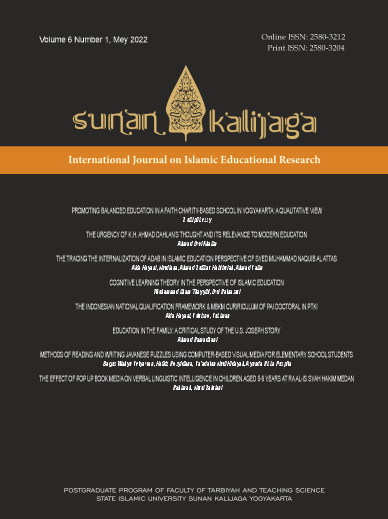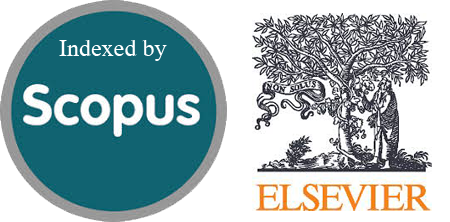THE INDONESIAN NATIONAL QUALIFICATION FRAMEWORK & MBKM CURIRICULUM OF PAI DOCTORAL IN PTKI
DOI:
https://doi.org/10.14421/skijier.2022.61.05Keywords:
PAI Curriculum, Doctoral Program, KKNI, MBKM, PTKIAbstract
Curriculum is so important in Higher university. The existence of complusory higher education and transformed into an independent agency without interest and political elements stored in it. This Study aims to describe the Indonesian National Qualification Framework and MBKM Curriculum of PAI Doctoral in PTKI. This research is findings are as follow the reality is that the recruitment pattern of educational institutions cannot be separated from the grip politics. For example, many top leaders in higher education are still wrong the mention KKNI, the error lies in how to understand the concept of KKNI only to the extent of the curriculum. With the implementation of the curriculum, it is hoped that PTKI will meet the needs of employment opportunities and can play an important and active role in social life at the national and international levels.










